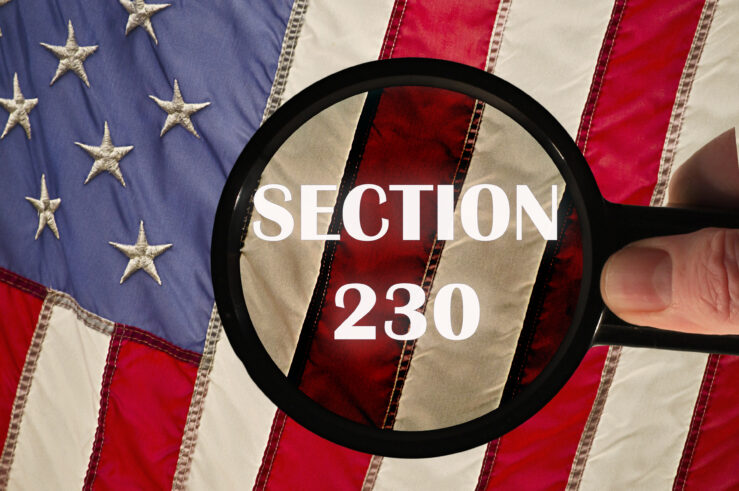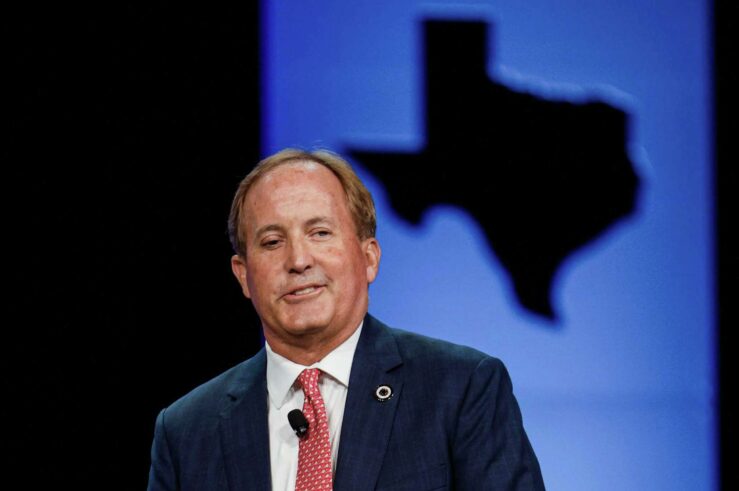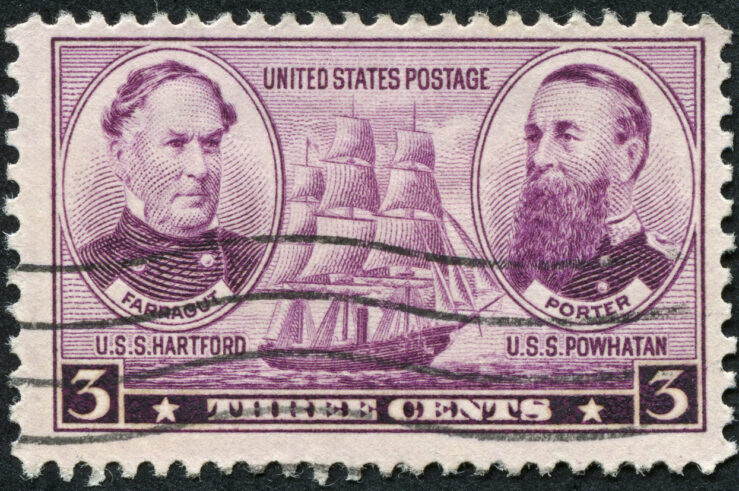Showing results for: “google”
A Few Questions (and Even Fewer Answers) About What Artificial Intelligence Will Mean for Copyright
Not only have digital-image generators like Stable Diffusion, DALL-E, and Midjourney—which make use of deep-learning models and other artificial-intelligence (AI) systems—created some incredible (and sometimes creepy – see above) visual art, but they’ve engendered a good deal of controversy, as well. Human artists have banded together as part of a fledgling anti-AI campaign; lawsuits have ... A Few Questions (and Even Fewer Answers) About What Artificial Intelligence Will Mean for Copyright
Section 230 & Gonzalez: Algorithmic Recommendations Are Immune
In our previous post on Gonzalez v. Google LLC, which will come before the U.S. Supreme Court for oral arguments Feb. 21, Kristian Stout and I argued that, while the U.S. Justice Department (DOJ) got the general analysis right (looking to Roommates.com as the framework for exceptions to the general protections of Section 230), they ... Section 230 & Gonzalez: Algorithmic Recommendations Are Immune
Does the DOJ’s Approach in Gonzalez Point the Way Toward Section 230 Reform?
Later next month, the U.S. Supreme Court will hear oral arguments in Gonzalez v. Google LLC, a case that has drawn significant attention and many bad takes regarding how Section 230 of the Communications Decency Act should be interpreted. Enacted in the mid-1990s, when the Internet as we know it was still in its infancy, ... Does the DOJ’s Approach in Gonzalez Point the Way Toward Section 230 Reform?
Your Definitive End-of-Year Global Tech Regulation Wrap-Up: Who’s Doing What, Where, and What to Make of It
As 2023 draws to a close, we wanted to reflect on a year that saw jurisdictions around the world proposing, debating, and (occasionally) enacting digital regulations. Some of these initiatives amended existing ex-post competition laws. Others were more ambitious, contemplating entirely new regulatory regimes from the ground up. With everything going on, it can be ... Your Definitive End-of-Year Global Tech Regulation Wrap-Up: Who’s Doing What, Where, and What to Make of It
Brussels Effect or Brussels Defect: Digital Regulation in Emerging Markets
The blistering pace at which the European Union put forward and adopted the Digital Markets Act (DMA) has attracted the attention of legislators across the globe. In its wake, countries such as South Africa, India, Brazil, and Turkey have all contemplated digital-market regulations inspired by the DMA (and other models of regulation, such as the ... Brussels Effect or Brussels Defect: Digital Regulation in Emerging Markets
AG Paxton’s Google Suit Makes the Perfect the Enemy of the Good
Having just comfortably secured re-election to a third term, embattled Texas Attorney General Ken Paxton is likely to want to change the subject from investigations of his own conduct to a topic where he feels on much firmer ground: the 16-state lawsuit he currently leads accusing Google of monopolizing a segment of the digital advertising ... AG Paxton’s Google Suit Makes the Perfect the Enemy of the Good
Is Market Concentration Actually Rising?
Everyone is worried about growing concentration in U.S. markets. President Joe Biden’s July 2021 executive order on competition begins with the assertion that “excessive market concentration threatens basic economic liberties, democratic accountability, and the welfare of workers, farmers, small businesses, startups, and consumers.” No word on the threat of concentration to baby puppies, but the ... Is Market Concentration Actually Rising?
Imposed Final Offer Arbitration: Price Regulation by Any Other Name
“Just when I thought I was out, they pull me back in!” says Al Pacino’s character, Michael Corleone, in Godfather III. That’s how Facebook and Google must feel about S. 673, the Journalism Competition and Preservation Act (JCPA). Gus Hurwitz called the bill dead in September. Then it passed the Senate Judiciary Committee. Now, there ... Imposed Final Offer Arbitration: Price Regulation by Any Other Name
Noah Phillips’ Major Contribution to IP-Antitrust Law: The 1-800 Contacts Case
Recently departed Federal Trade Commission (FTC) Commissioner Noah Phillips has been rightly praised as “a powerful voice during his four-year tenure at the FTC, advocating for rational antitrust enforcement and against populist antitrust that derails the fair yet disruptive process of competition.” The FTC will miss his trenchant analysis and collegiality, now that he has ... Noah Phillips’ Major Contribution to IP-Antitrust Law: The <em>1-800 Contacts</em> Case
7 Big Questions About the Open App Markets Act
With just a week to go until the U.S. midterm elections, which potentially herald a change in control of one or both houses of Congress, speculation is mounting that congressional Democrats may seek to use the lame-duck session following the election to move one or more pieces of legislation targeting the so-called “Big Tech” companies. ... 7 Big Questions About the Open App Markets Act
How Not to Use Industrial Policy to Promote Europe’s Digital Sovereignty
The concept of European “digital sovereignty” has been promoted in recent years both by high officials of the European Union and by EU national governments. Indeed, France made strengthening sovereignty one of the goals of its recent presidency in the EU Council. The approach taken thus far both by the EU and by national authorities ... How Not to Use Industrial Policy to Promote Europe’s Digital Sovereignty
Damn the Economics, Full Speed Ahead!
A White House administration typically announces major new antitrust initiatives in the fall and spring, and this year is no exception. Senior Biden administration officials kicked off the fall season at Fordham Law School (more on that below) by shedding additional light on their plans to expand the accepted scope of antitrust enforcement. Their aggressive ... Damn the Economics, Full Speed Ahead!















